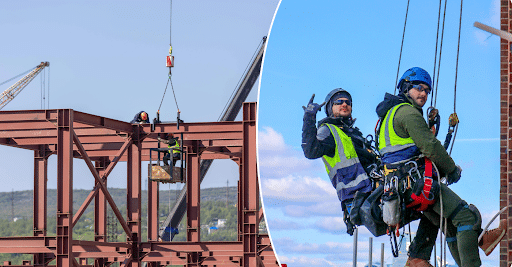Technology continues to simplify our lives more and more every year. Nowadays, it’s enough to say a few words to Siri or Alexa to get the house cleaning, food cooking, flower watering, and even air purifying.
We might say that we are already used to smart microwaves and robot vacuum cleaners, but what should we expect next? On the eve of another technology breakthrough involving AI, we decided to share the top 5 trends that will be applied to smart home devices in 2023.
Over time, technology is being introduced not only into the work environment, but also into leisure activities, becoming accessible to more persons.
That is why today there is no need to save up money for a luxury sports car to take a road trip, since thanks to automobile rental services everyone can enjoy the pleasure. Among the wide range of cars, on the website of the company Renty https://renty.ae/types/luxury you can hire both classic models such as Mercedes Benz G-Class, electric Tesla and hybrid cars.
With quality service, you will also get the opportunity to use cars equipped with intelligent functions of AI and self-drive for a comfortable ride. Imagine being able to control the temperature in your car or adjust your music with voice commands, just like in your smart home.
Table of Contents
The rise of smart technology accessibility
The simplest smart gadgets for the home are already quite comfortable in the mass segment and therefore are losing their uniqueness. Today, a smart kettle is available to everyone, so the wow-effect of its use is lost, but the other most important aspect such convenience remains the same.
However, there is still a long way to go before smart home solutions fully conquer the market. Most of them are still in the premium categories. For instance, such devices as smart fitness mirrors, smart furniture, smart lighting systems and, of course, smart doors are going to prevail in the near future nor only at home but in working space as well.
Personalization
Turning on the lights with a voice assistant is now a piece of cake. However, when the coffee machine makes a cappuccino in response to your request for coffee, this is a completely different level of comfort.
Personalized access to the apartment is the highest stage in the development of these systems at the moment. Biometric locks allow you to set up individual scenarios for each fingerprint, such as temporary access for babysitting or cleaning at certain hours and days of the week.
Optionally, the lock will even be able to send you a notification on your phone when your child comes home and opens the door with the fingerprint.
Scaling up smart home solutions
Smart devices provide the most benefit when they are part of an organized system. Thus, the larger the system, the more aspects will be under control.
That’s why some conscious planners are willing to install smart devices not only in individual apartments, but also in apartment buildings as a whole. The implication is technology allows controlling the utilities, energy consumption and security of apartment buildings.
Remote control
Managing smart devices is far more convenient from your smartphone while you’re sitting on the couch rather than standing up to close the curtains, or going to the light switch to turn off the lights.
Through the app, you will be able to turn off the iron or the socket it was plugged into, check security cameras, see who opened your apartment, or even open the door for a guest from the other side of the planet. Now this functionality is not available on all devices, but this trend will gain popularity in the future for sure.
Smart gadgets for the interior
Gadgets can not only make life easier, but also complement design ideas. Mainly, this is accomplished with the help of illumination, which is integrated into objects for both functional and aesthetic purposes.
Therefore, smart systems for controlling artificial and natural light will adjust the intensity of lighting depending on the time of day or create an atmosphere for the right occasion such as a party, a romantic dinner, watching a movie, and so on.
Over the next five years, we can expect these technologies to become increasingly accessible and user-friendly, with the intelligent home industry working diligently to address concerns surrounding security and privacy. Ultimately, this will pave the way for a brighter, greener future, where our living spaces not only make our lives more convenient but also contribute to the betterment of the planet.





